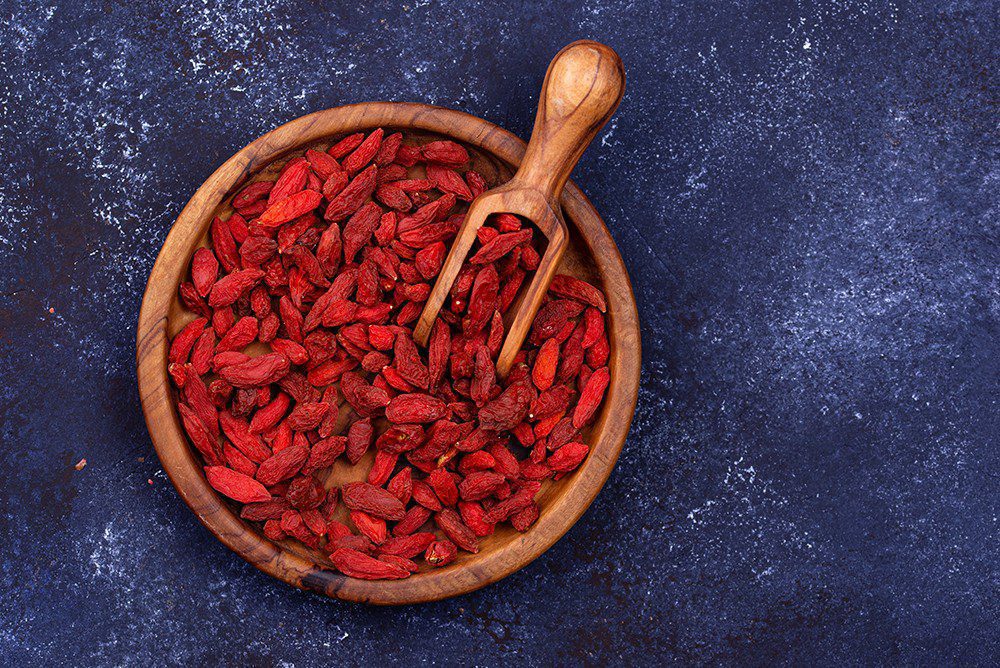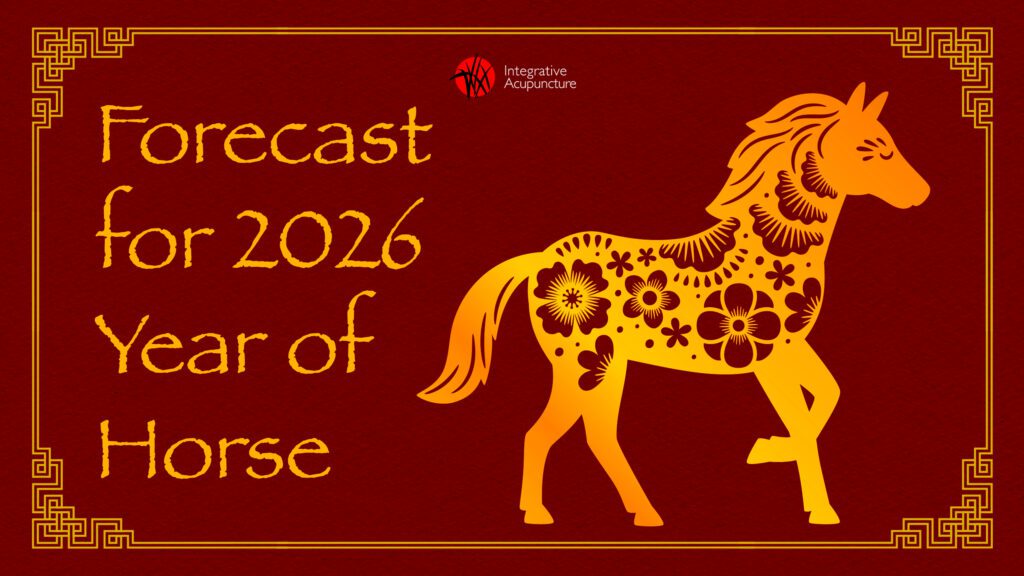Goji Berries or Gou Qi Zi are commonly used in Traditional Chinese Medicine
Goji Berries are reported to treat many visual problems, often combined with chrysanthemum flowers.
Strengthens Kidney and Liver Yin
Possible consequence of depleted Kidney/Liver yin includes dizziness, blurry vision, infertility, soreness and weak lower back or knees, premature grey hair, diabetes, night sweats, bad eyes (dryness, or tearing easily in wind,
blurriness of eyes)
Strengthens Lung Yin
Symptoms such as dry cough, coughs with blood, and fevers in the afternoon. Lung yin is also easily damaged in smokers.
There are quite a few studies with Goji Berries in modern times. Some classic ones show very positive results in the treatment of male infertility and chronic atrophic gastritis. With Chinese Medicine diagnosis and examination, if we see Lung, Liver, and/or Kidney Yin deficiencies, we know that Gou Qi Zi can be useful.
Another thing to note is Goji berries are easier to digest than other tonic herbs. We do not recommend this herb when someone has a cold or flu, or anything in the class of ‘external conditions.’ Goji berries stimulate contractions of the uterus, so if you’re pregnant, you should only be taking it if a qualified practitioner has evaluated you and recommends it, otherwise avoid it. A classic combination is a tea made from this superfood and chrysanthemum flowers. This is a great combo for blurred vision, red or dry eyes.
To find a practitioner qualified in the recommendation of Chinese herbs, see our directory of nationally board certified licensed acupuncturists.
Ready to make your own tea of raw Chinese herbs? Jonathan Fleming, acupuncturist, demonstrates how to cook Chinese herbs here.






